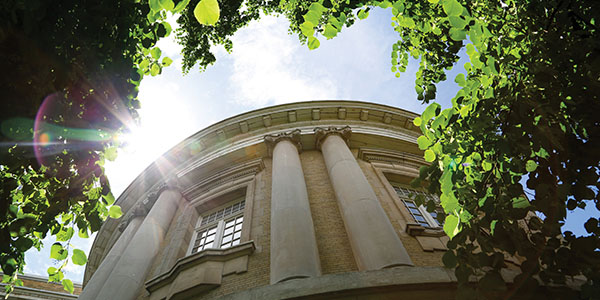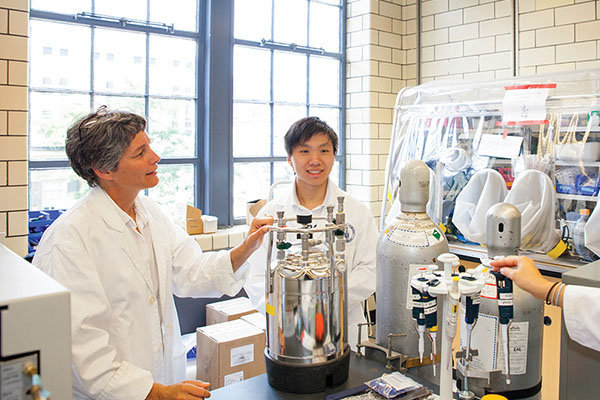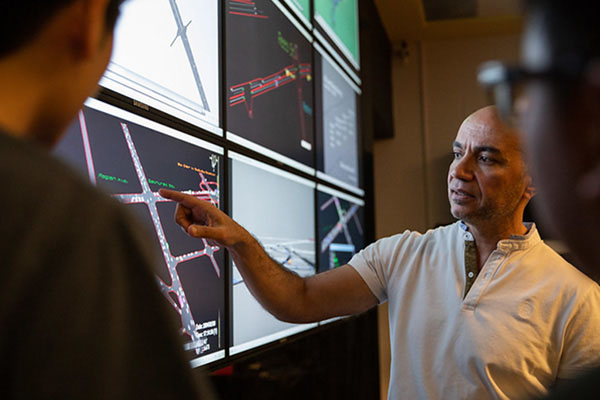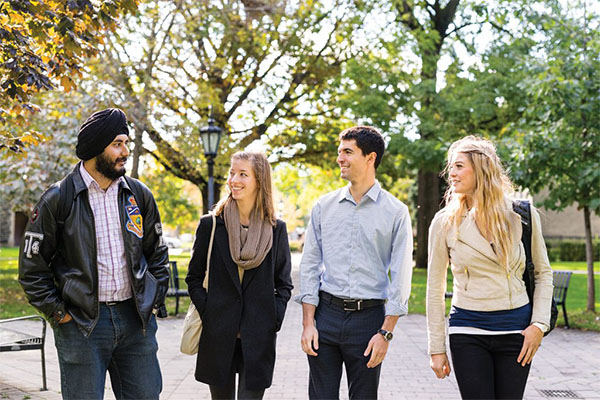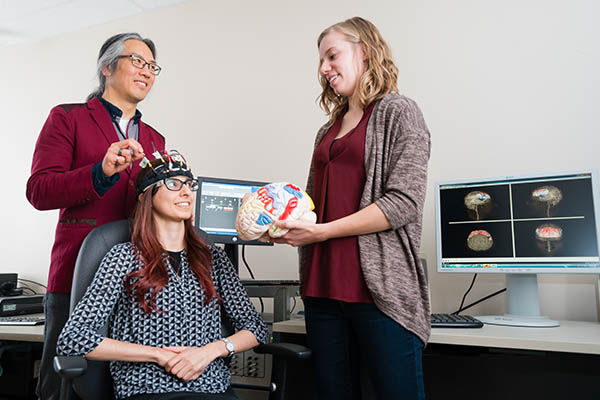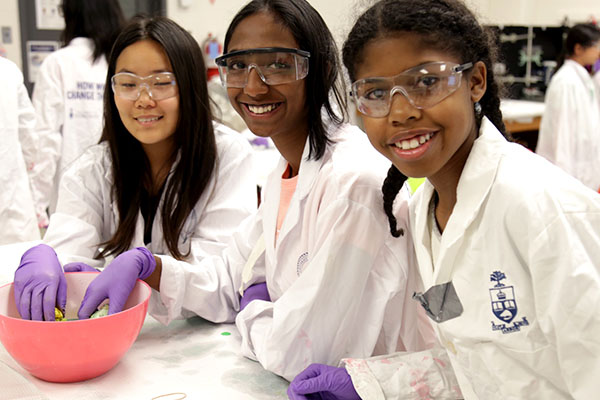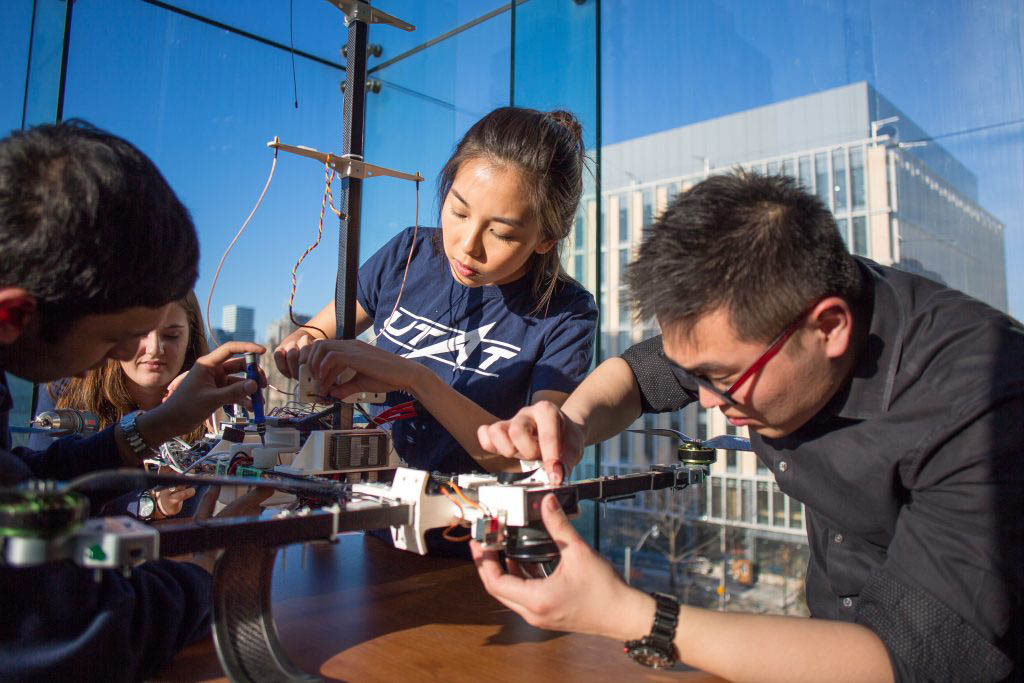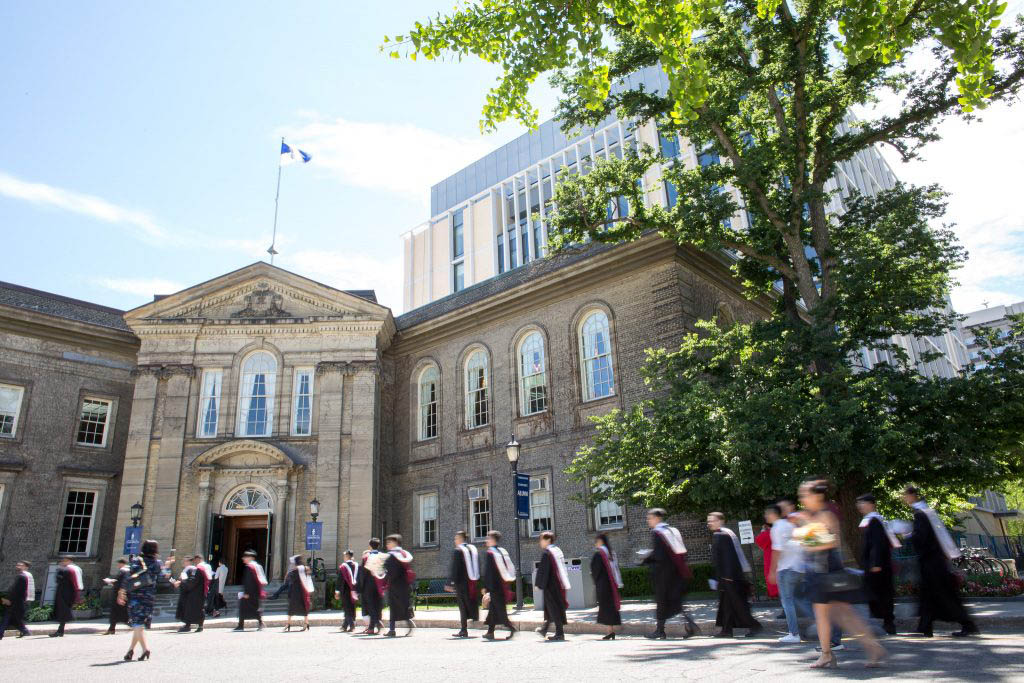 ANGELA BELCHER
ANGELA BELCHER
Massachusetts Institute of Technology
The Role of Hydrometallurgy in Meeting the Supply Chain for Life in the 21st Century
Organisms have been making exquisite inorganic materials for over 500 million years. Although these materials have many desired physical properties such as strength, regularity, and environmentally benign processing, the types of materials that organisms have evolved to work with are limited. However, there are many properties of living systems that could be potentially harnessed by researchers to make advanced technologies that are smarter, more adaptable, and that are synthesized to be compatible with the environment. One approach to designing future technologies which have some of the properties that living organisms use so well, is to evolve organisms to work with a more diverse set of building blocks. The goal is to have a DNA sequence that codes for the synthesis and assembly of any inorganic material or device. We have been successful in using evolutionarily selected peptides to control physical properties of nanocrystals and subsequently use molecular recognition and self-assembly to design biological hybrid multidimensional materials. These materials could be designed to address many scientific and technological problems in electronics, environmental remediation, medicine, and energy applications. Currently we are using this technology to design new methods for building batteries, fuel cells, solar cells, carbon sequestration and storage, environmental remediation, catalysis, and medical diagnostics and imaging. This talk will address conditions under which organisms first evolved to make materials and scientific approaches to move beyond naturally evolved materials to genetically imprint advanced technologies with examples in lithium and sodium ion batteries, lithium-air batteries, environmental clean-up and ovarian cancer imaging and treatment.
Angela Belcher is a biological and materials engineer with expertise in biomaterials, biomolecular materials, organic-inorganic interfaces and solid-state chemistry and devices. Her primary research focus is evolving new materials for energy, electronics, the environment, and medicine. She received her B.S. in Creative Studies from The University of California, Santa Barbara. She earned a Ph.D. in inorganic chemistry at UCSB. Following with her postdoctoral research in electrical engineering at UCSB. She now holds the James Mason Crafts Professor of Biological Engineering and Materials Engineering at MIT. She is faculty in the Department of Biological Engineering, Materials Science and Engineering and the Koch Institute of Integrative Cancer Research. She teaches undergraduate subjects in material sciences and engineering and biological engineering. In 2002, she founded the company Cambrios Technologies, Inc., and in 2007 she founded Siluria Technologies, Inc. Some recent awards include the 2013 $500,000 Lemelson-MIT Prize for her Inventions, 2010 Eni Prize for Renewable and Non-conventional Energy, in 2009 Rolling Stone Magazine listed her as one of the top 100 people changing the country. In 2007, Time Magazine named her a “Hero”- for her research related to Climate Change. In 2004, she received the Four Star General Recognition Award (US Army) for significant contribution to army transformation. In 2000, she was awarded the Presidential Early Career Award in Science and Engineering (PECASE). She was named Research Leader of the Year by Scientific American, and is a MacArthur Fellow, a Packard Fellow, a NAI (National Academy of Inventors) Fellow, an Alfred P. Sloan Fellow, a NAE (National Acedemy of Engineers) Fellow, and a member of American Academy of Arts and Sciences.
Wallberg Memorial Building, Room 116



